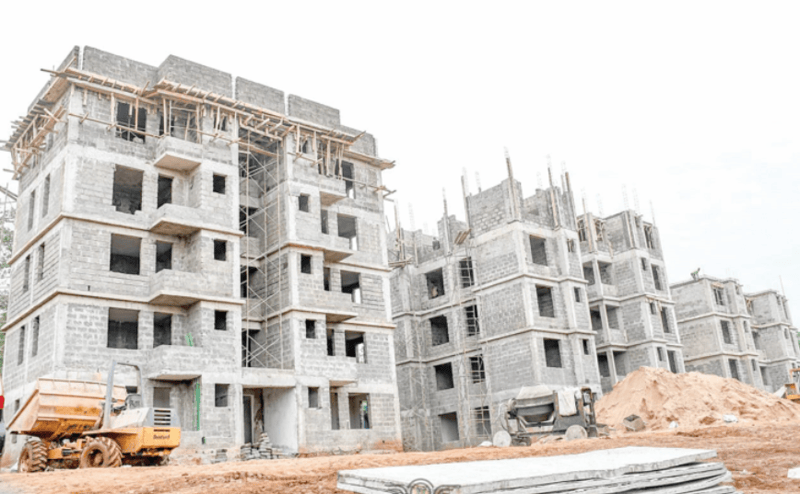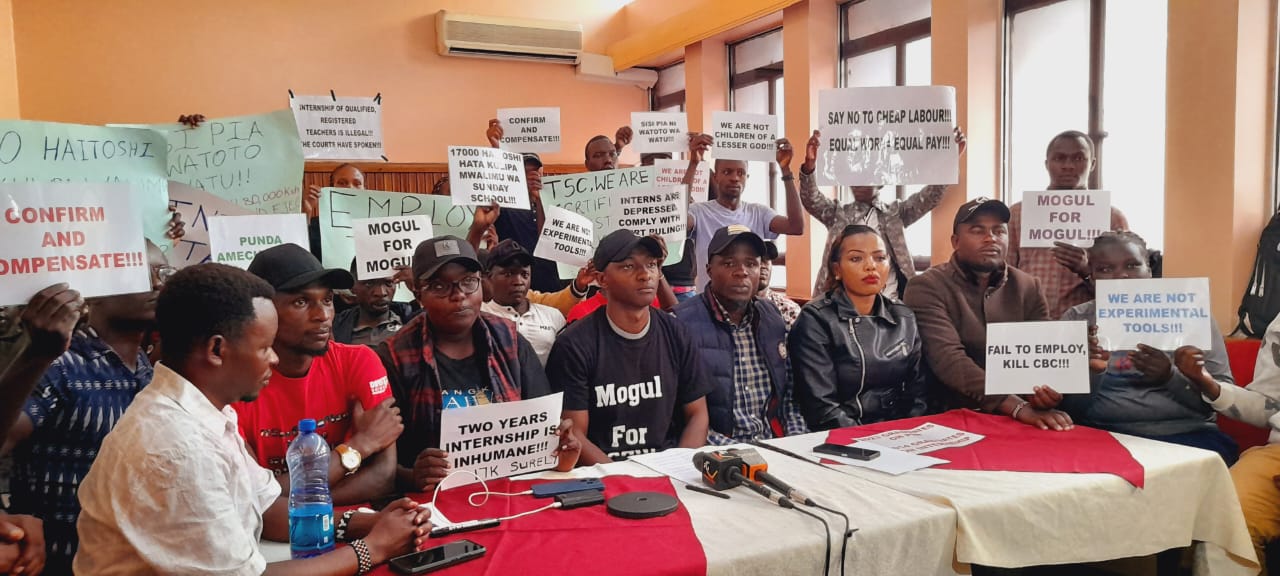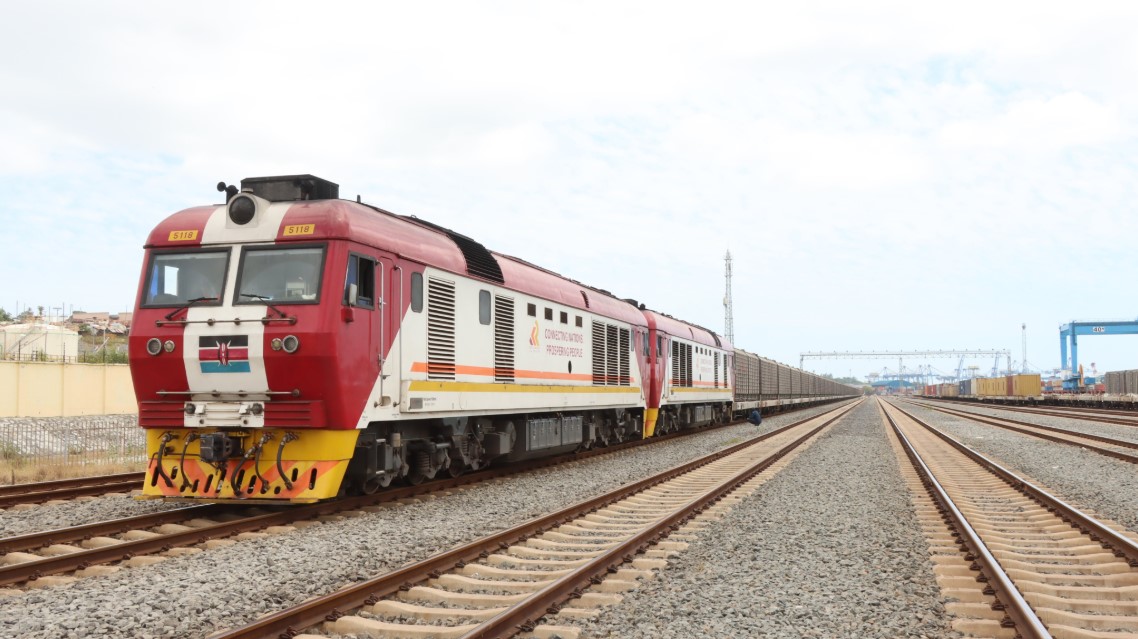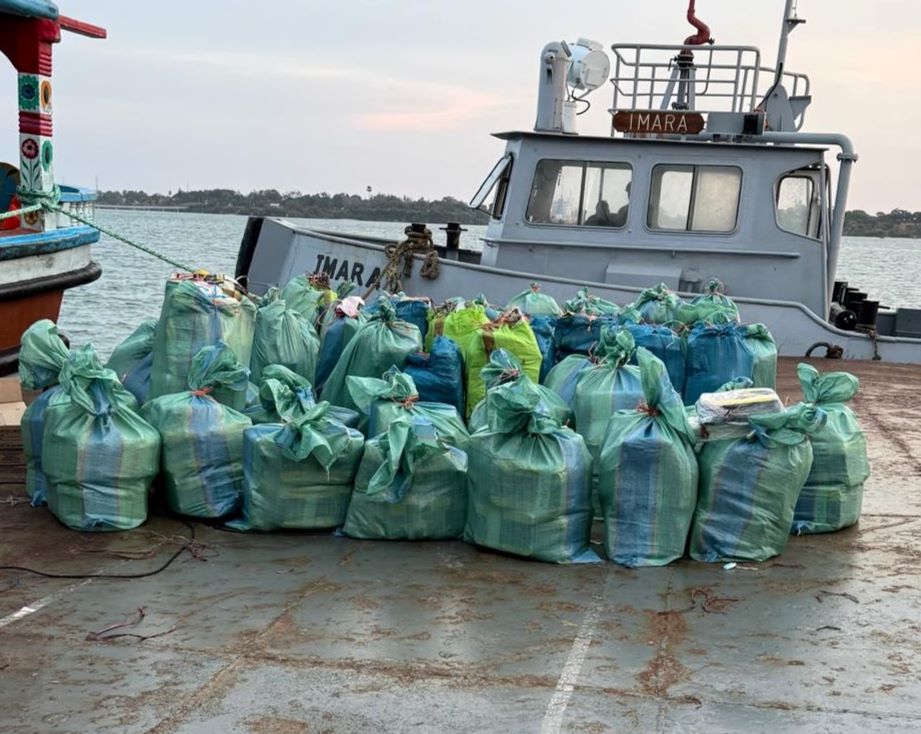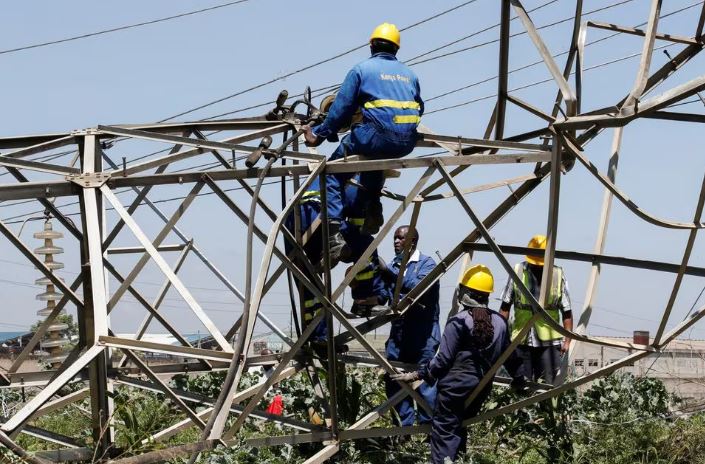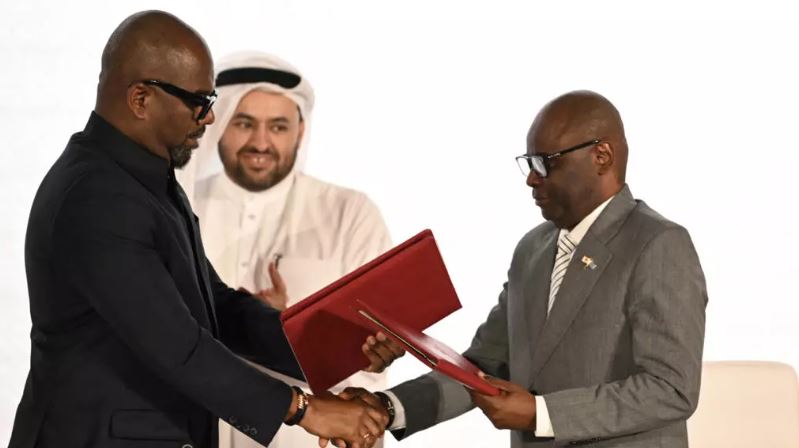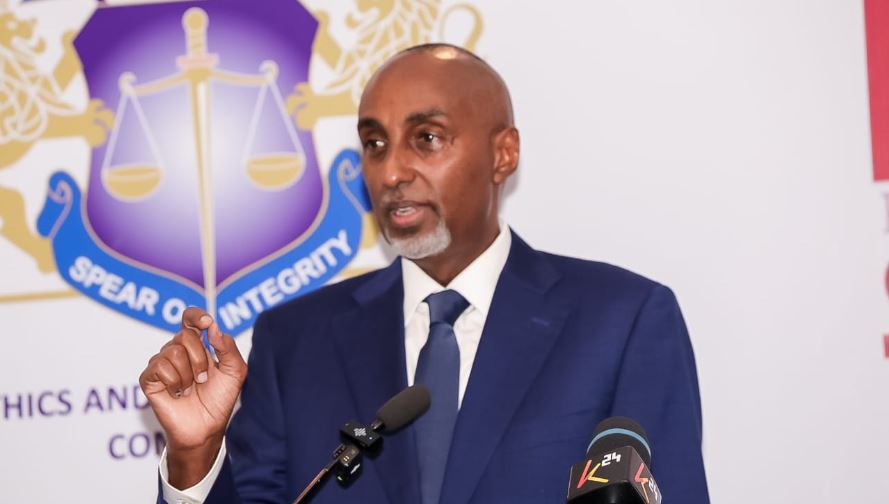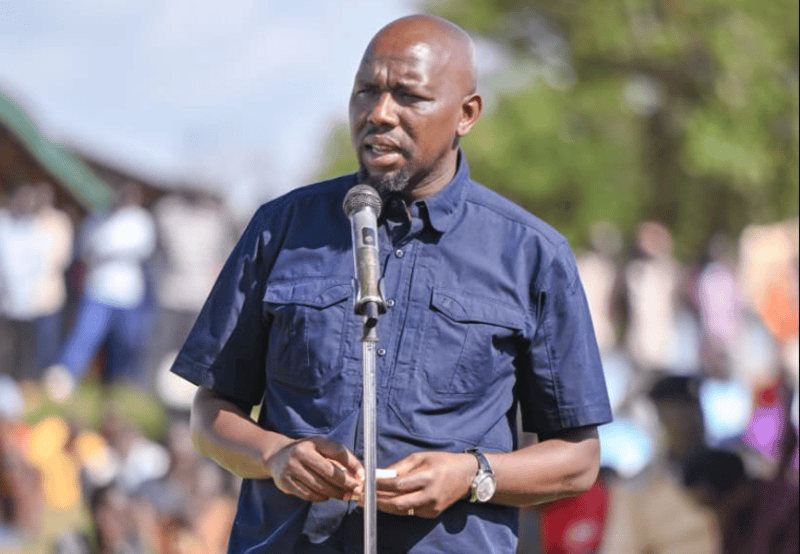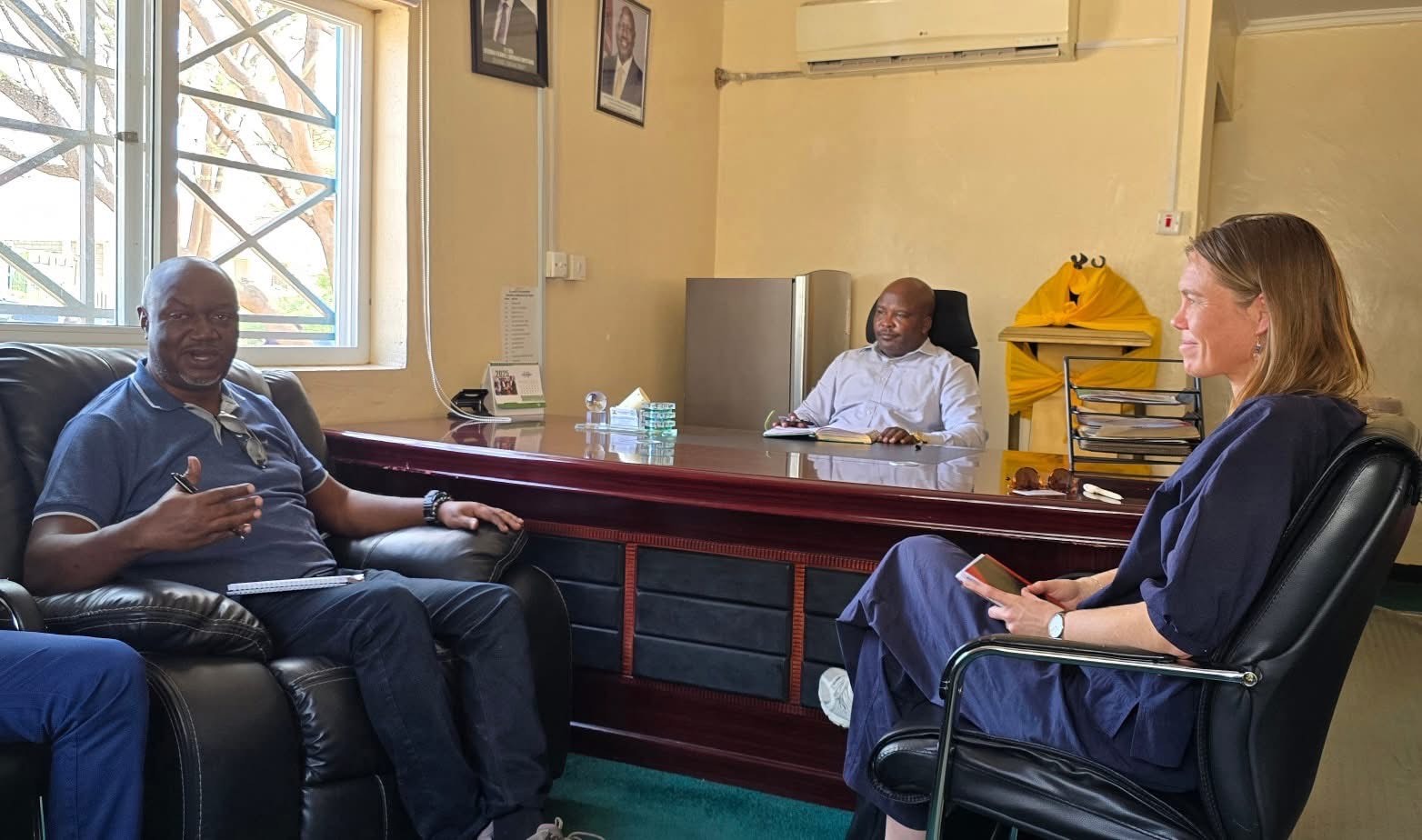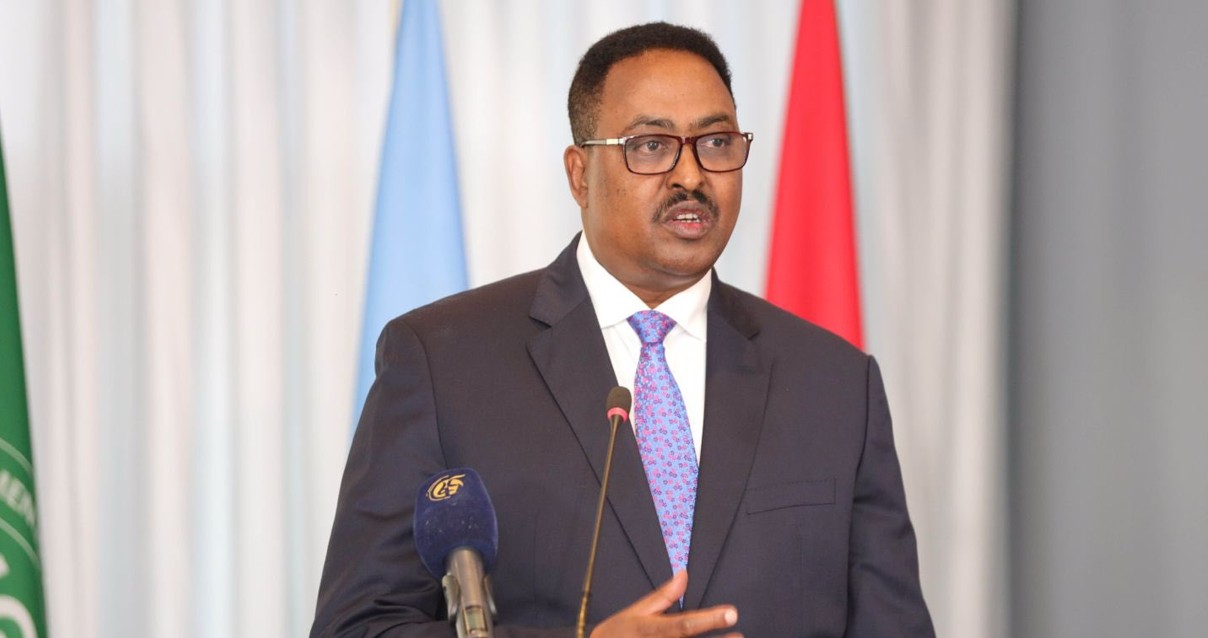Salva Kiir appoints daughter as Presidential Envoy, stirring nepotism debate
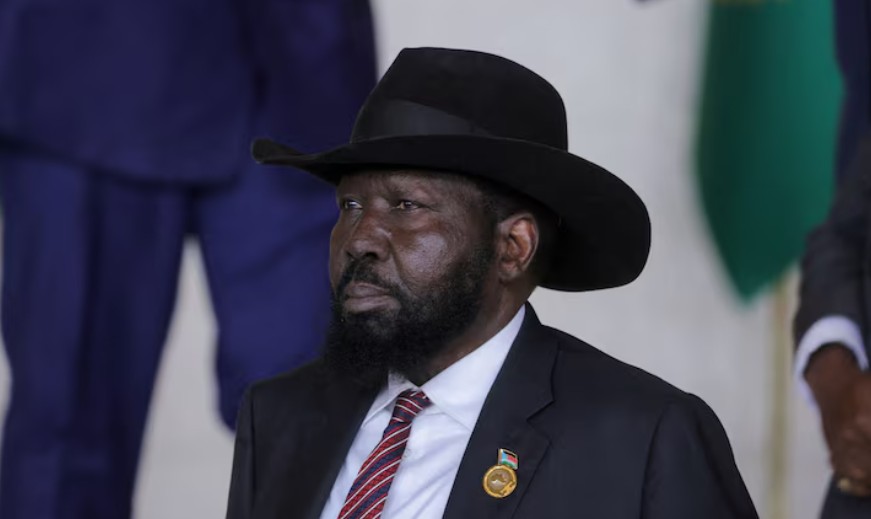
The role, once held by Benjamin Bol Mel recently elevated to vice-president in charge of the Economic Cluster, has been vacant for months.
South Sudan's President, Salva Kiir, has never been shy about blurring the line between state and family.
His latest appointment confirms as much. On Wednesday evening, the state broadcaster announced that his daughter, Adut Salva Kiir, will serve as Presidential Envoy on Special Programmes, a post designed to fast-track sensitive initiatives requiring direct supervision from the presidency.
More To Read
- Millions of lives at risk, warn UN food agencies, as hunger crisis worsens
- South Sudan President ousts vice president in abrupt purge, deepening uncertainty in Juba
- Stakes rise for South Sudan: What’s happening, and why it matters
- President Kiir sacks Petroleum Undersecretary after a week in office
- Sudan conflict is spreading to South Sudan, hurting oil trade and border stability - UN
- UN warns 7.5 million South Sudanese at risk of severe hunger
The role, once held by Benjamin Bol Mel recently elevated to vice-president in charge of the Economic Cluster, has been vacant for months.
Adut, best known as the founder of her eponymous foundation, now inherits it.
Her appointment has stirred familiar criticism in Juba: that nepotism, not merit, remains the currency of South Sudanese politics.
The envoy's remit is deliberately elastic. It spans peacebuilding, humanitarian relief and post-conflict recovery, ranging from the resettlement of displaced people to youth empowerment schemes.
The office exists to bypass ministerial gridlock and give political heft to projects dear to the presidency, while also courting donors and international partners to bankroll them.
Supporters argue the portfolio's flexibility makes it indispensable in a fragile state where bureaucracy is weak and crises recurrent.
Critics, Sudan Post reported, counter that placing it in the hands of the president's daughter underlines a deeper malaise: South Sudan's institutions bend to family rule rather than national need.
Top Stories Today
Reader Comments
Trending

